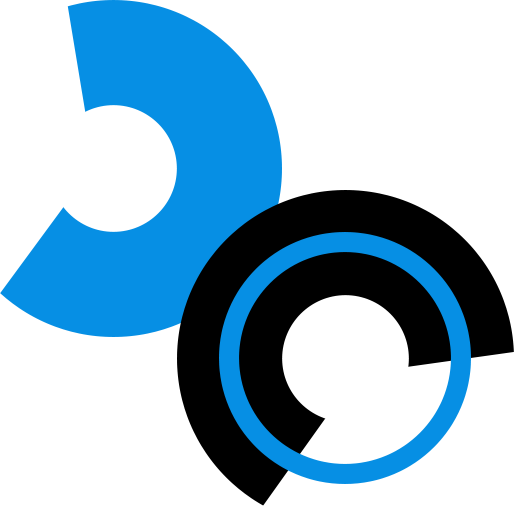The Environmental Performance and Sustainable Development of Adhesive Labels
Adhesive labels, as an indispensable part of modern packaging, are widely used due to their convenience, diversity, and aesthetics. However, with the increasing awareness of environmental protection, the environmental performance and sustainable development of adhesive labels have become urgent issues that need to be addressed in the industry.
Traditional adhesive labels are often difficult to recycle after use, and their backing paper and adhesive impose a burden on the environment. To achieve sustainable development, the industry is beginning to explore new paths. Reduction is the primary strategy, which involves reducing the use of raw materials through technologies such as thinning materials, foaming materials, and functional modification. At the same time, renewable materials such as FSC certified wood pulp paper and biobased films are selected, as well as biodegradable materials such as PLA and PBAT, to reduce white pollution.
In addition, innovative designs such as washable labels and bottomless paper labels have also promoted the recycling rate of packaging. CleanFlake from companies such as Avery Dennison ™ The PET bottle washing label solution achieves pollution-free separation between labels and PET bottles, supporting the circular economy. These efforts not only respond to the call of the country to build a conservation oriented society, but also meet the demand of consumers for green products.
In the future, the self-adhesive label industry needs to continue exploring more environmentally friendly solutions, promote industry chain collaboration, and jointly move towards a low-carbon and environmentally friendly sustainable development path.
LATEST NEWS
- Understand the printing technology and process of adhesive labels 2025-06-06 08:00:00
- Guidelines for the Selection and Application of Adhesive Materials 2025-06-06 08:00:00
- Customized services and market trends for adhesive labels 2025-06-09 08:00:00
- Anti counterfeiting technology and security application of adhesive labels 2025-06-11 08:00:00
- Analysis and Optimization of Printing Costs for Adhesive Products 2025-06-11 08:00:00
- Storage conditions and shelf life management of adhesive products 2025-06-12 08:00:00
- Recovery Signs in Self-Adhesive Label Industry Post-Recession 2025-06-14 08:00:00
- Importance of Rheology in Self-Adhesive Roofing Felts 2025-06-14 08:00:00
- Impact of Insurance Companies on Self-Adhesive Roof Membranes 2025-06-12 08:00:00
- Self-Adhesive Labels in Emerging Fields: Smart Home and IoT 2025-06-11 08:00:00

Products
Contact
Follow us
Copyright:© 2017-2025 Jumelage (Jiangsu) New Material Technology Co., Ltd




 Online Service
Online Service





